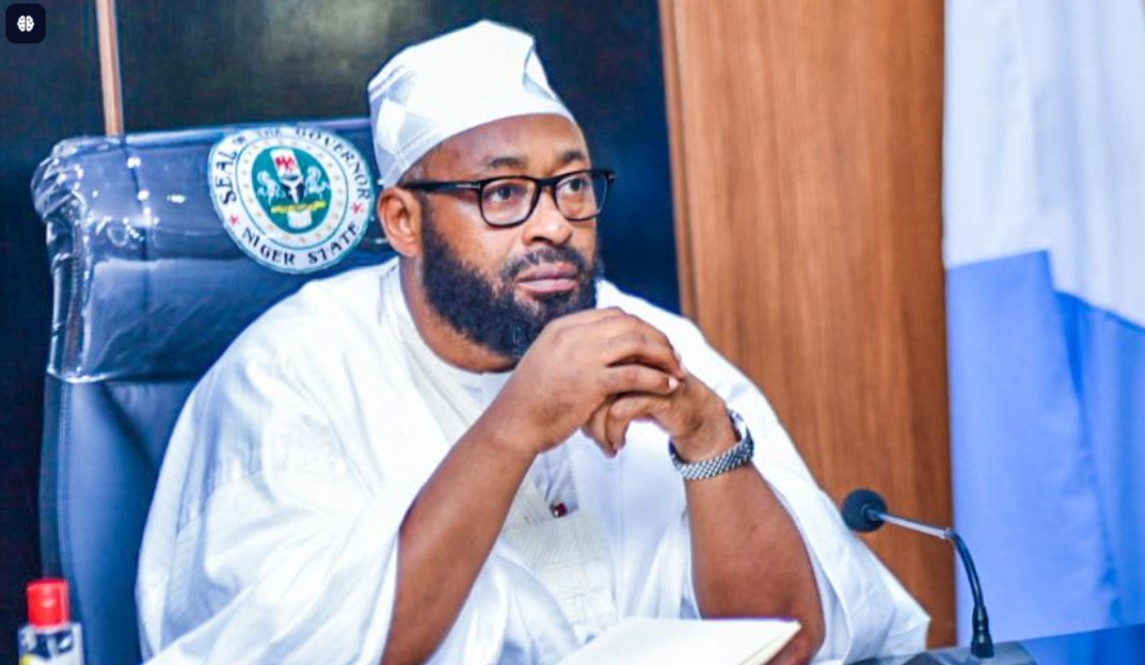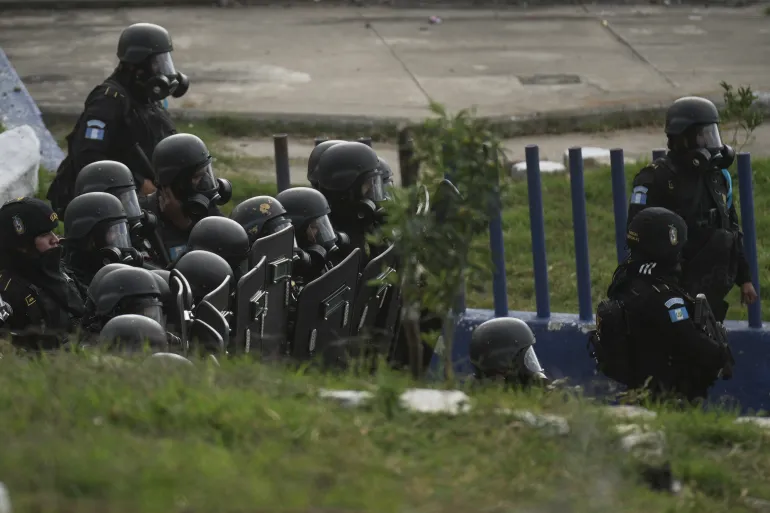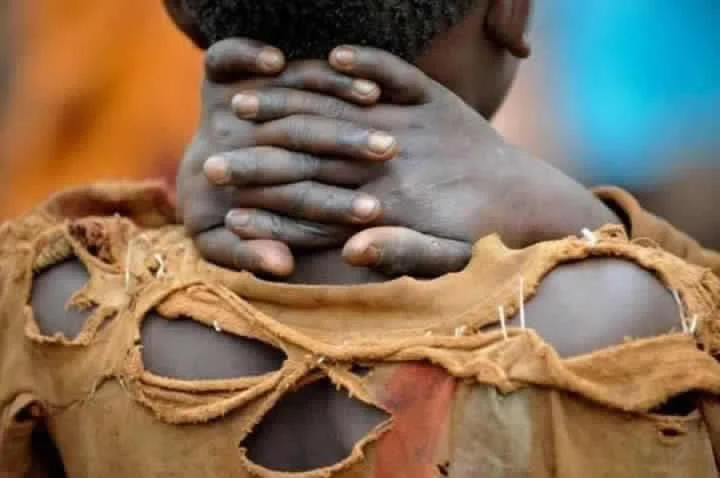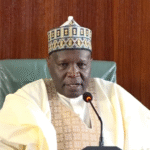Amnesty International Condemns Niger Governor Over Closure of Badeggi FM

Global human rights organization Amnesty International has sharply criticized Niger State Governor Umar Bago following the controversial shutdown of Badeggi 90.1 FM, an independent radio station based in Minna, the state capital.
The closure, ordered by the Niger State Government, has sparked outrage among civil society groups, media watchdogs, and human rights advocates. Authorities accused the station of broadcasting content deemed “inciting” and “unethical,” with the governor reportedly calling for the revocation of its operating license.
In a statement issued on Thursday, Director of Amnesty International Nigeria, Isa Sanusi, condemned the government’s action as an “abuse of power” and a violation of press freedom. Sanusi stated that under Nigerian law, state governors do not have the constitutional authority to shut down media outlets or revoke broadcast licenses a function reserved exclusively for the National Broadcasting Commission (NBC).
“Targeting Badeggi FM is nothing short of an assault on media freedom,” Sanusi said. “This shutdown is unlawful and reinforces a dangerous pattern of state actors using executive power to muzzle independent voices.”
Amnesty International further criticized the timing of the closure, highlighting worsening insecurity across Niger State. The organization accused the government of focusing on silencing the media rather than addressing urgent issues like armed banditry, mass displacement, and poor rural governance.
“The government should be confronting the growing humanitarian and security crises, not shutting down radio stations that serve as platforms for public engagement and accountability,” the statement added.
Badeggi FM, known for its grassroots programming and public interest journalism, has built a strong local following in recent years. The station’s management has not yet released a formal response but sources close to the station described the closure as politically motivated.
Media rights groups, including the Nigerian Union of Journalists (NUJ), have also expressed concern over the incident, calling for an immediate reversal of the order and for the protection of journalists across the state.
The controversy adds to ongoing concerns about media repression in Nigeria, where several media outlets have reported increased pressure from both federal and state-level actors.
As the backlash continues to build, Amnesty International has called on President Bola Tinubu’s administration to safeguard press freedom and ensure state authorities operate within the bounds of the law.









